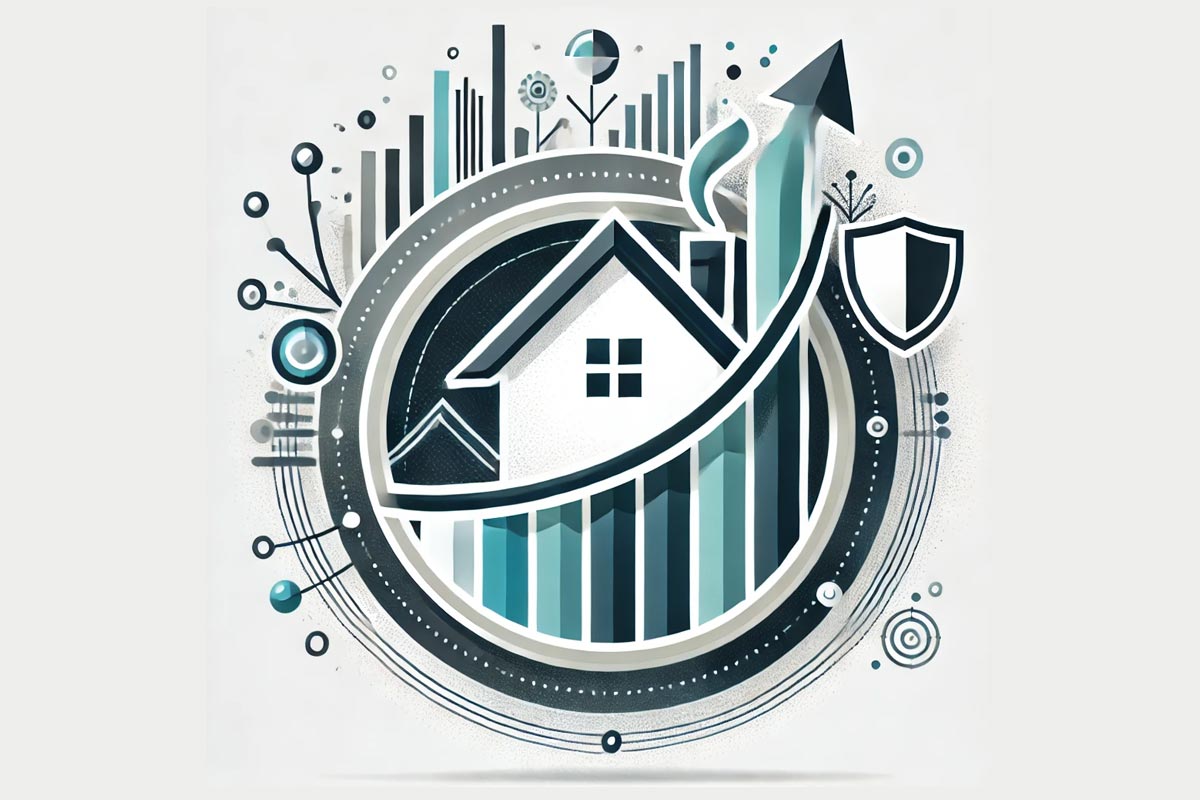
What Are HOA Fees?
Homeowners Association fees are regular payments made by every property owner in a condominium or townhome community. They help cover shared expenses like maintenance, insurance, and the amenities you enjoy, ensuring everyone contributes their fair share. This shared responsibility keeps the property’s appearance, safety, and value consistent, benefiting all residents.
What Do HOA Fees Cover?
Most HOA fees focus on four main areas: maintenance, insurance, amenities, and reserve funds. Let’s break each one down further.
Maintenance
Insurance
A master insurance policy protects the building and common areas against fires, storms, or vandalism damage. While individual homeowners still need personal property insurance (often called an HO-6 policy) to cover belongings and the interior of their units, the HOA’s insurance takes care of the larger structure and shared grounds.
Amenities
Amenities vary, but your HOA fees might cover:
These perks can increase your quality of life and enhance your property’s resale value.
Reserve Funds
A portion of your monthly fee goes into a reserve fund, which acts like a community savings account. It’s used for capital improvements and major repairs, such as replacing the roof or repaving the parking lot. By saving over time, the HOA can handle these larger projects without surprising you with big, last-minute bills, providing financial stability and peace of mind.

How Are HOA Fees Calculated?
Your HOA board creates an operating budget each year. They often conduct a reserve study to predict future maintenance and repair needs, providing a sense of security and preparedness. The HOA ensures fair contributions by estimating the total annual costs and dividing them among all units.
As a homeowner, you have the right to access the HOA’s budget documents and reserve studies, often through the HOA management company’s website or an online portal. This transparency empowers you to understand how your fees are used and ensures community accountability.
High vs. Low HOA Fees: What’s the Difference?
While lower fees might initially seem appealing, it's important to consider the long-term implications. They can sometimes lead to limited maintenance, fewer amenities, and smaller reserve funds. Over time, this can cause deferred maintenance, which may lower your home’s resale value. By being aware of these potential outcomes, you can make an informed decision about your investment.
For instance, let's consider a community in Rancho Cucamonga with low HOA fees of $ 100 per month and a community in Newport Beach with high HOA fees of $ 500 per month.

Understanding Special Assessments
While the regular budget and reserve funds are crucial, they may not always cover unexpected issues like severe storm damage or sudden major repairs. In such cases, the HOA might issue a special assessment, a one-time fee in addition to your regular dues. This can be seen as a proactive measure to protect your investment and ensure the community's well-being.
Before buying, ask about the community’s history of special assessments.
It’s important to find out how often they’ve occurred and why they were needed. Understanding this can give you insight into how well the HOA plans for the future and handles emergencies.
Why HOA Fees Matter
Property values, community upkeep, curb appeal, and resale value all benefit from a well-funded and well-managed HOA. By paying HOA fees, you actively contribute to keeping common areas attractive, ensuring repairs are done on time, and maintaining amenities that enhance your quality of life and your home’s value. Your fees are not just a financial obligation, but a direct investment in your community's improvement.
These fees aren’t just another bill but an investment in your community’s future. With substantial financial planning, the HOA can keep your property looking great, making it a place you’re proud to call home. By understanding and being part of this planning, you can feel more empowered and informed about your community's future.
HOA fees (condo fees or HOA dues) are essential to condo or townhome ownership, and your role in understanding them is crucial. They pay for upkeep, insurance, amenities, and future repairs that keep your property safe, comfortable, and visually appealing. By taking time to understand the HOA’s budget, reserve funds, and history of special assessments, you can make a well-informed decision, knowing that your input is valuable.
If you’re still exploring your housing options, remember there’s a difference between condos and apartments. Equipped with this knowledge, you can feel confident you’re making the right choice for your lifestyle, budget, and long-term investment.
Love,
Kartik
Avoiding Non-DRE-Approved Real Estate Schools in California
Most Popular Real Estate Schools in California
California Real Estate Exam Rules & Testing Policies

Founder, Adhi Schools
Kartik Subramaniam is the Founder and CEO of ADHI Real Estate Schools, a leader in real estate education throughout California. Holding a degree from Cal Poly University, Subramaniam brings a wealth of experience in real estate sales, property management, and investment transactions. He is the author of nine books on real estate and countless real estate articles. With a track record of successfully completing hundreds of real estate transactions, he has equipped countless professionals to thrive in the industry.